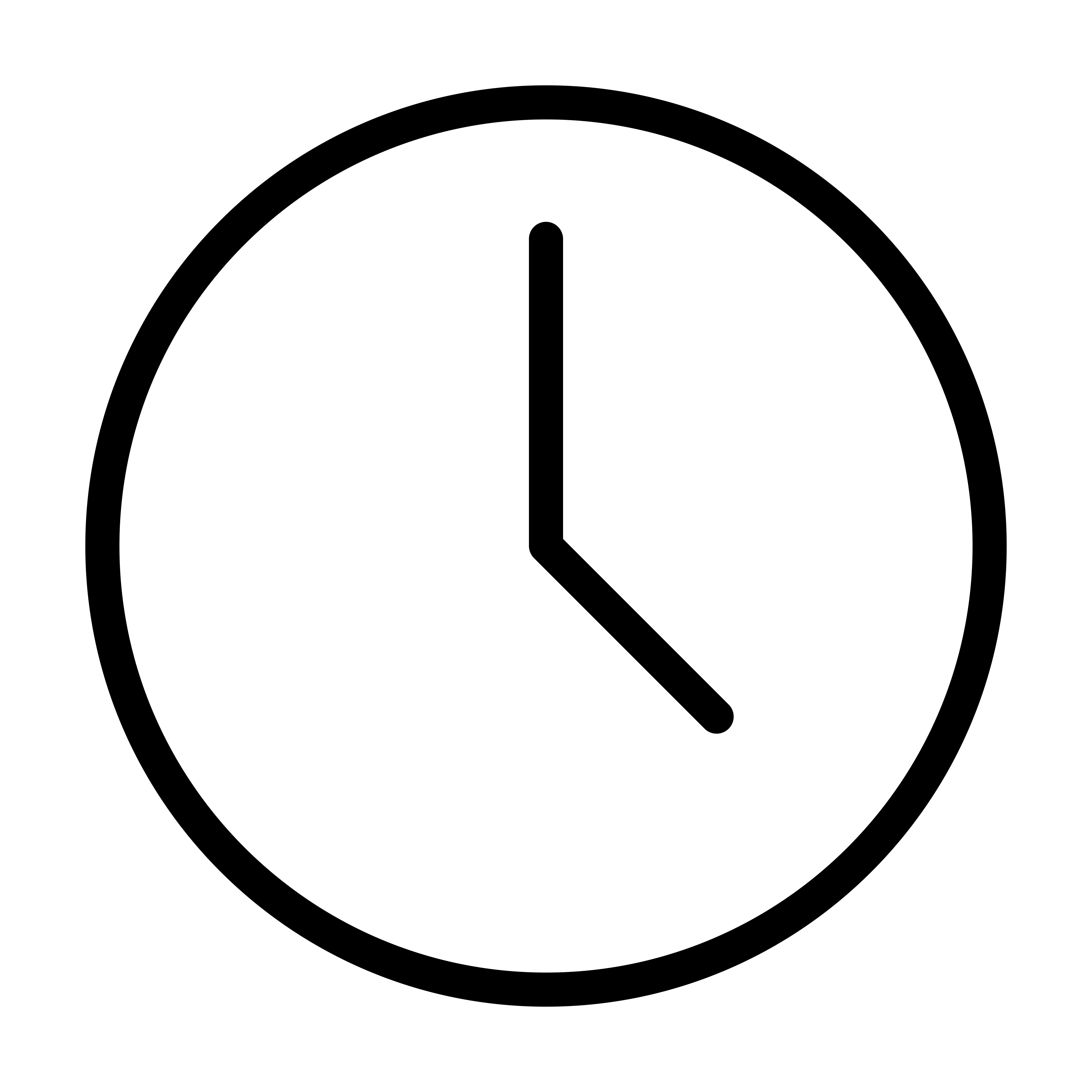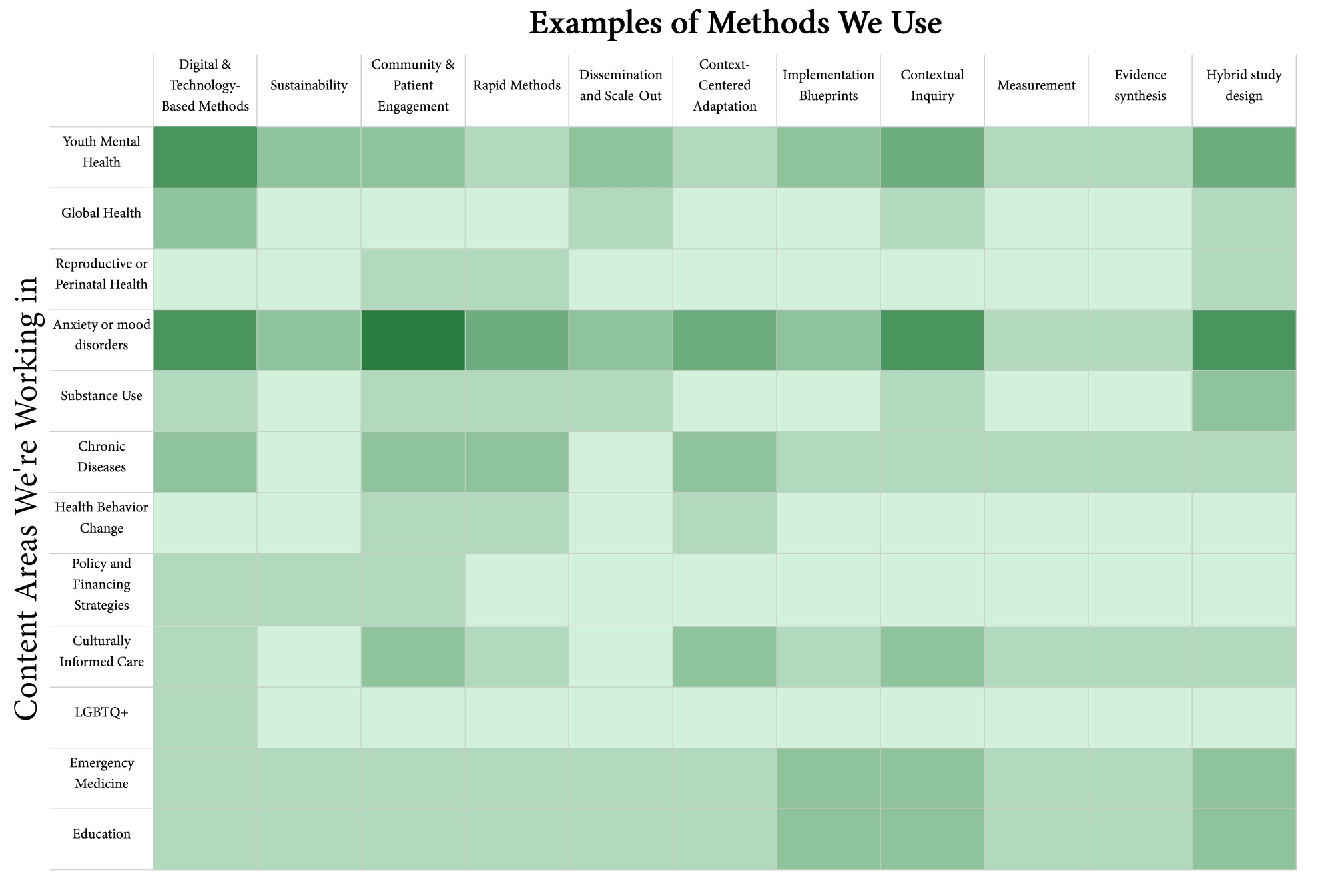The BRIDGE Program is an international leader in implementation science with a reputation for doing and promoting high quality, practical implementation research.
We build capacity for implementation science by training current and future practitioners and researchers, especially those who have historically lacked access to such training.
We approach our work with a culture of caring, compassion, and collaboration.
We attend to individual and collaborator needs through responsive, tailored, and practical approaches for our partners.
We conduct work that meaningfully impacts children, families, adults, and healthcare systems by improving access to high-quality, equitable, evidence-based treatments.





